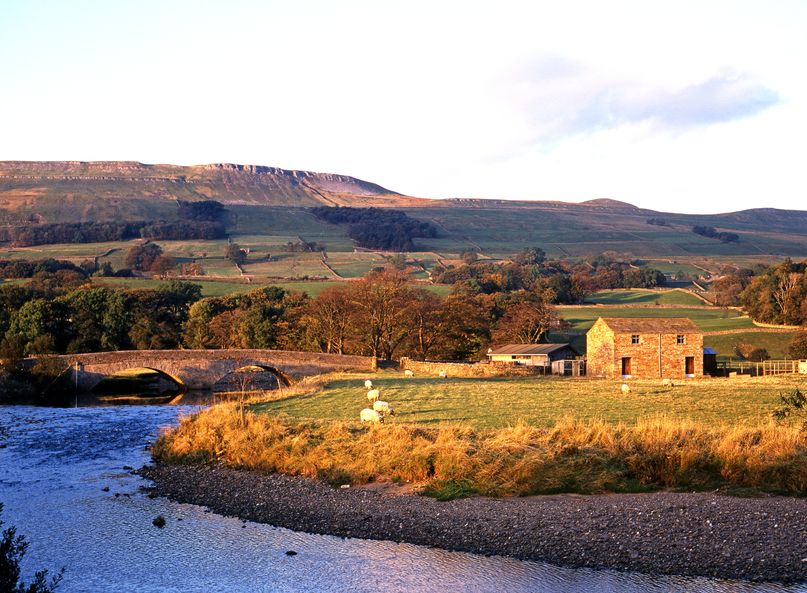
Six river trusts across Wales have made a formal complaint to the European Commission about agricultural pollution levels in Welsh rivers.
Afonydd Cymru, an umbrella organisation that represents six Rivers Trusts across Wales, was awarded a contract by Natural Resources Wales (NRW) to survey the rivers of Wales.
The purpose was to develop a plan to increase fish populations that could be put in place if funding became available.
It was envisaged that actions such as fish pass construction and habitat restoration would bring about a reverse in declining migratory fish populations. Initially, the rivers included were the Teifi and Tywi.
However, Afonydd Cymru say the reason behind the fish population decline has been a significant number of farms discharging slurry directly into rivers and streams.
In a letter sent to Cabinet Secretary for Rural Affairs Lesley Griffiths, it said: "Whilst others have the courtesy to spread slurry on open fields or ground, it is so wet, that a pathway is provided to get this toxic substance directly into rivers.
"Sadly there are no fish left to die in many places and so reporting relies on the few people on the ground to spot the intermittent changes of colour and smell."
European Union lawyers will now consider whether to open formal infringement procedures.
Afonydd Cymru claims an expanding poultry, dairy and beef industry in parts of Wales is causing pollution to crank up to higher levels.
The letter continued: "This chronic and devastating problem is not confined to the SAC Rivers Teifi and Tywi but it is widespread throughout Wales.
"In southwest Wales the total slurry production exceeds any possibility of safe disposal or reuse without very significant change in regulation and deploying certain innovative solutions.
"Whilst extoling the virtues of voluntary measures, and promising to work with stakeholders, it’s clear that these successful and innovative schemes seem unlikely to be part of Welsh Government's solution leaving us to conclude that we must take our concerns elsewhere."
